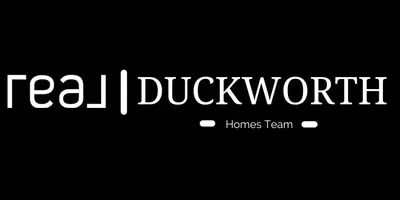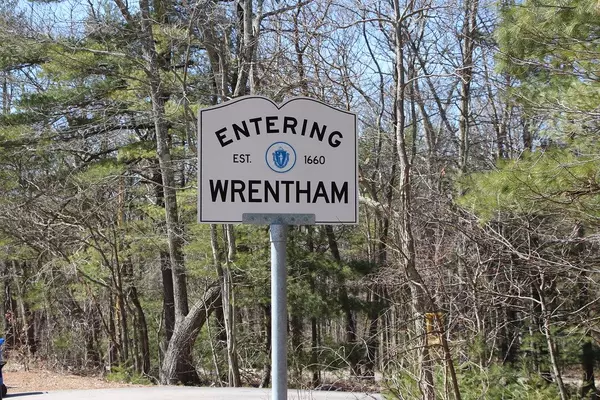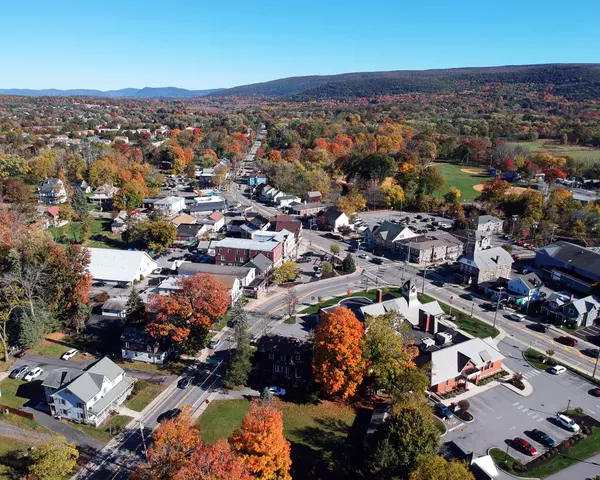Top 10 Safest Towns To Live In Massachusetts (2024)
Safety is a paramount consideration for those seeking a new place to call home. In this updated article, we will explore the top 10 safest places to live in Massachusetts for 2023, highlighting their unique qualities and the factors contributing to their low crime rates and exceptional quality of l
7 Things To Know BEFORE Moving To Cumberland, RI
Living in Cumberland, Rhode Island
Are you considering moving to Cumberland, Rhode Island? Follow along as we delve deeper into the community, history, housing, and the cost of living.
Cumberland is a town located in Providence County, Rhode Island, and is often referred to as the "Land of Lakes an
7 Things To Know BEFORE Moving to Wrentham, MA
Are you considering a move to Wrentham, Massachusetts? Here are seven key things to know about living in this charming New England town!
Wrentham, Massachusetts, offers a unique and delightful living experience. Nestled in the heart of New England, Wrentham is a picturesque town that boasts a rich
8 Tips When Choosing a Real Estate Agent to Sell Your Home
Are you thinking about selling your home in Rhode Island or Massachusetts but feeling overwhelmed by where to begin? Look no further! Choosing the right Real Estate Agent is your first step toward a successful home sale in this vibrant and diverse area.
Selling your home can be a complex process,
10 Essentials for Buying a House
Purchasing a home is a significant milestone, and whether you're seeking to buy a home in Massachusetts or buy a home in Rhode Island there are essential steps and considerations to keep in mind. The decision to embark on the homeownership journey is both thrilling and substantial, but with the ri
Discovering Franklin, Massachusetts: Top 5 Reasons to Make it Your Home
Nestled in Norfolk County, Massachusetts, Franklin is a hidden gem that offers a winning combination of natural beauty, a vibrant community, and convenient access to nearby cities like Boston. If you're contemplating a move to the Bay State, Franklin should be on your radar. In this blog post, we'l
Brendan Duckworth
Phone:+1(401) 787-7128






